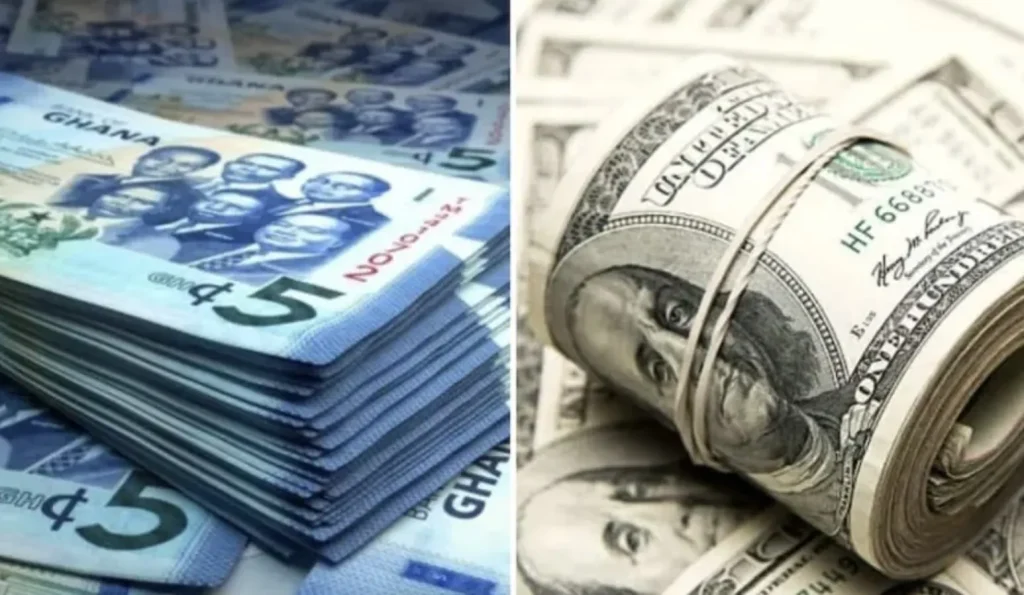On March 15, 2022, a TV3 business report forecasted that the Ghanaian cedi would reach or exceed GHS8.00 against the US dollar starting March 16, 2022, per. The report noted that the dollar was already trading at GHS7.99 on the forex market, reflecting the cedi’s ongoing free fall, per. This rapid depreciation, with the cedi losing over 14% of its value against the dollar from January to March 2022, is set to drive significant economic challenges, including skyrocketing prices for goods and services, per.
Impact on Foreign Investment
The cedi’s depreciation has deterred foreign investors, with the TV3 report stating, “The situation has chased away many potential foreign investors,” per. A recent cedi bond issued by the Bank of Ghana saw over 90% of subscribers being local investors, indicating a sharp decline in foreign confidence in the currency, per. This lack of foreign participation underscores the cedi’s weakened appeal, driven by macroeconomic pressures and limited foreign exchange supply, which covered only 30% of importers’ needs in early 2022, per.
Economic Consequences for Ghanaians
The cedi’s decline directly impacts consumers, particularly those without dollar savings. “Persons who stocked some dollars will be enjoying while those who have no dollar savings will be hit hard in foreign transactions,” the report highlighted, per. As Ghana relies heavily on imports for goods like fuel and cement, the weakening cedi is expected to fuel inflation, with prices of goods on the market projected to “skyrocket,” per. This follows a trend of rising costs, with food inflation reaching 13.9% in February 2022, per Ghana Statistical Service.
Government’s Silence on Interventions
As of March 15, 2022, the government had not publicly outlined specific measures to address the cedi’s depreciation or cushion its economic impact, per. The absence of clear policy pronouncements has heightened public concern, especially as the cedi’s fall exacerbates the cost-of-living crisis. Stakeholders, including the Chamber of Petroleum Consumers, have suggested interventions like subsidies to mitigate rising fuel prices, which are closely tied to the cedi’s value, per.
Broader Economic Context
The cedi’s depreciation in early 2022 aligns with global economic pressures, including rising crude oil prices due to geopolitical events like Russia’s invasion of Ukraine in February, per. Ghana’s import-dependent economy, with imports accounting for 40% of GDP in 2021, per, is particularly vulnerable to currency fluctuations. The lack of an active forward market for the cedi, as noted by industry leaders, further fuels speculative pressures, per. The government’s challenge is to stabilize the currency while fostering investor confidence to support economic growth in 2022.






